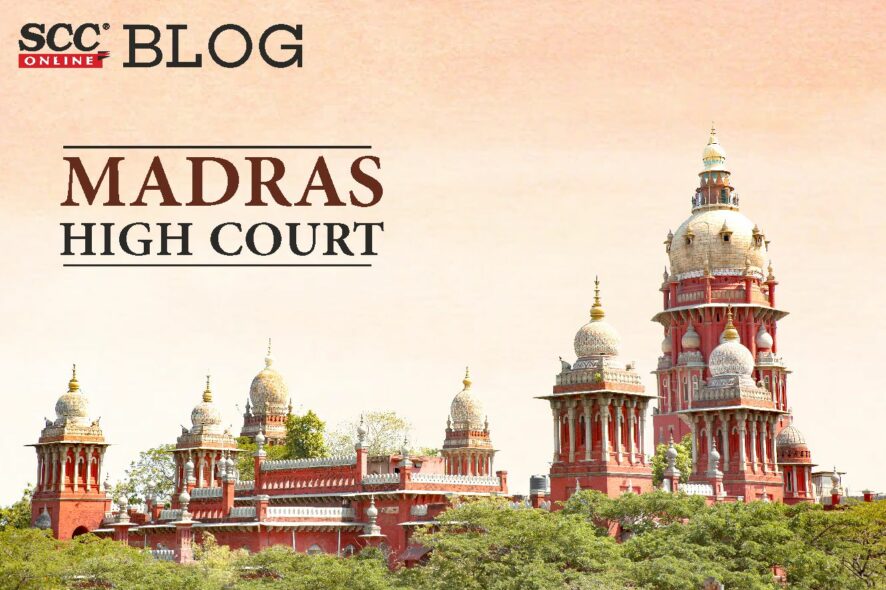Madras High Court: G. Chandrasekharan, J. declined to quash prosecution against actor SJ Suryah as the order of the Income Tax Appellate Authority, cancelling the assessment orders was not on merits.
FACTUAL BACKGROUND:
The petitioner filed the petitions under Section 482 of the Code of Criminal Procedure (CrPC) and prayed for quashing of all further proceedings against the petitioner. The complaints were filed for violation of provisions of the Income Tax Act, 1961. The assessment order passed by the assessing officer and confirmed by the CIT (A) were set aside by the Income Tax Appellate Tribunal and the assessment orders were declared as null and void.
OBSERVATIONS AND DECISION:
The Bench taking note of the judgments of the Supreme Court in P. Jayappan v.. S.K.Perumal 1984 Supp SCC 437, and Radheshyam Kejriwal v. State of West Bengal (2011) 3 SCC 581 held that pendency of re-assessment proceedings was remanding matter for adequate opportunity and that adjudication by Tribunal through adjudication proceedings would not be a bar for launching a criminal prosecution.
Further, it reiterated that the adjudication proceedings ending in favour of the assessee, can be taken to be in favour of assessee only if the adjudication proceedings had discussed all the issues raised in the complaint on merits and then gave its findings. An order passed on technical grounds would not be of aid to the assesee/accused and the prosecution can continue in such a case.
On the particular facts of the case, the High Court noted that the Income Tax Appellate Tribunal had disposed the appeals only on the ground of limitation and not on merits. Based on the decision of the Supreme Court in Radheshyam Kejriwal (supra), the petitioner could not have prayed to quash the proceedings on the ground that the Income Tax Appellate Authority had set aside the assessment orders.
The Bench had observed that the complaints consisted of issues that would have to be necessarily tried before a Court as the violations were liable to be prosecuted for the offences under Section 276 C (1), 276 C (2), 276 CC and 277 of the Income Tax Act, 1961. Therefore, since the exoneration in adjudication proceedings was on a technical ground and not on merit, the prosecution was allowed to be continued and the prayer of the petitioner was rejected. [SJ Surya v. Deputy Commissioner of Income Tax, Crl.O.P.No.29914 of 2015, decided on 26 -05-2022]
Appearances:
For the petitioners: Sr Adv N.R.Elango
For the respondents: Mrs N. Sheela






